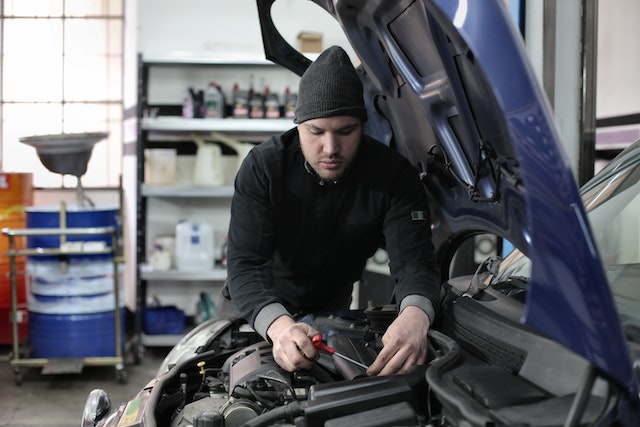Introduction
The auto industry is facing a tremendous and amazing transformations. The latest innovations by the OEMs in technology and other components is making the industry look attractive in terms of revenue generation and the sustainability factor. The rising support and the initiatives taken by the government to improve the overall landscape of EVs is contributing to the growth.
The Auto Industry Landscape:
The auto industry is experiencing a drastic change when it comes down to dealing with fragmented needs, the bottleneck situations and the shortages of semiconductors. But when we focus on electric vehicles the major factor which is driving the component is related to the acceptance and the adoption rate. The adoption rate of EVs in developed countries is increase by approx. 28% YoY. The YoY in the emerging economies seems to be lesser, there are many factors which contribute to this.
The major reason why the EVs adoption rate in emerging economies are the anxiety issues regarding the range, the infrastructure, the pricing issues and so forth. The OEMs are very much focused on how to reduce the cost as the primary agenda of OEMs is to integrate vertically upward. The initiative taken by the OEMs and government backing will be the key points which will be improving the overall eco-system of EVs. As per the SNS Insider Research ReportThe growing demand for Electric Vehicle result to hit global Electric Vehicle market size to reach USD 633.4 billion by 2030.
Lithium Ion Battery (Trend Analysis)
The recent trend and the rising demand of Lithium-Ion batteries is insane as the production of passenger and commercial vehicles are on a boost post covid. The benefits which are associated with the lithium-ion batteries and the further innovation by the OEMs to improve the range will be the interesting factor to notice in the upcoming years. The rising investments by the OEMs majorly the green field investments looking at the market attractiveness is further putting the electric vehicles trend on an elevated pitch. According to the several industry experts there has been several M&A done to improve the production of lithium-ion batteries in the domestic market and reduce the dependency form the international suppliers. The only reason why the manufacturers are focusing on building in house production plant is because of the pandemic lessons. Also, the rising geopolitical issues can be considered as a threat for the OEMs.
Climate Sustainability:
The most crucial factor which supports the growth of EVs are the climate sustainable goals of respective nations. The government is very much focusing on meeting the goal of net zero emission, several initiatives are been taken as well. For instance, the subsidies by the government after purchasing the EVs. The high tax rate on diesel vehicles and the EU goal of banning gasoline vehicles between 2035-2040.
According to several analysis researchers have claimed passenger vehicles is the segments which is responsible for 50% of carbon emissions. And altogether the auto industry is responsible for 20-30% of carbo emission. This have been acknowledged by the OEMs and are working on improving the values chain with the only objective of meeting the climate sustainability goals.
Competitive Landscape:
Many auto manufacturer and TIER II suppliers are looking for the disruptive business model which will enhance the overall industry and electric vehicles. The only concern the CEOs have as of now is to reduce the cost and to conduct operations which will hep them to gain a competitive advantage and meanwhile meet the standard goal of climates sustainability. The major challenged faced by them are the shortages of chips, the volatility in the interest rates and the changing regulatory norms. All these factors are impacting their international business forcing them to upheld the cost. Another important factor is the tight labor market for instance the UAW strike.
Macro-Economic Condition
The macroeconomic condition is considered as the worst night mare for the industry. The rising inflation rates the unemployment and the problems related to variable cost the OEMs are not fully flexible in terms of seeking every opportunity. The electric vehicles production rate does depend on the macro-economic condition as the declining market attractiveness is forcing the auto manufacturer to keep the production in limit. For instance, in one of the interviews the supply chain executive of Toyota company mentioned the macroeconomic condition are forcing the companies to hold the production which is putting pressure on the overall inventory management and ultimately on their profitability.
Conclusion:
Though there are several challenges and some serious issues but the adoption rate and the government support summarize the growth of electric vehicles in the future. Once, the geopolitical issues and the storms of economic conditions comes under control the auto industry will try to improve the supply and demand gap.





